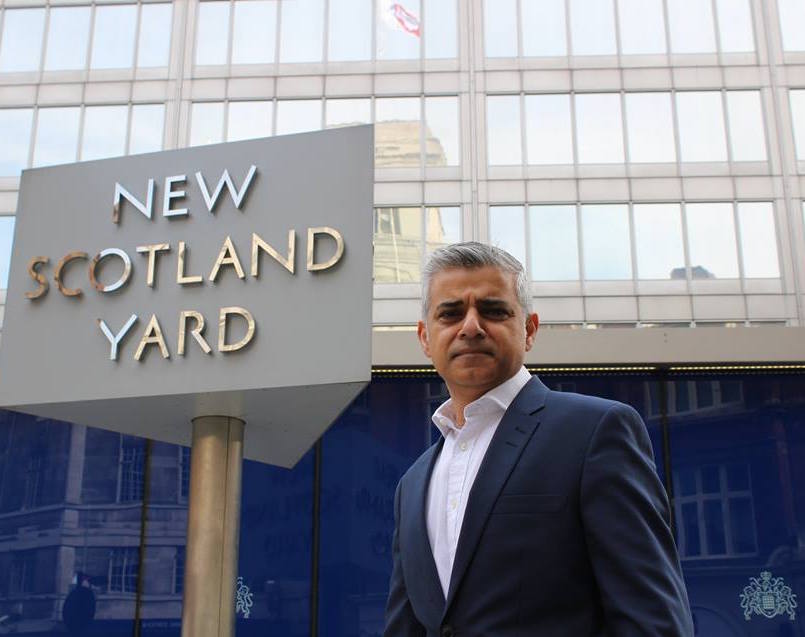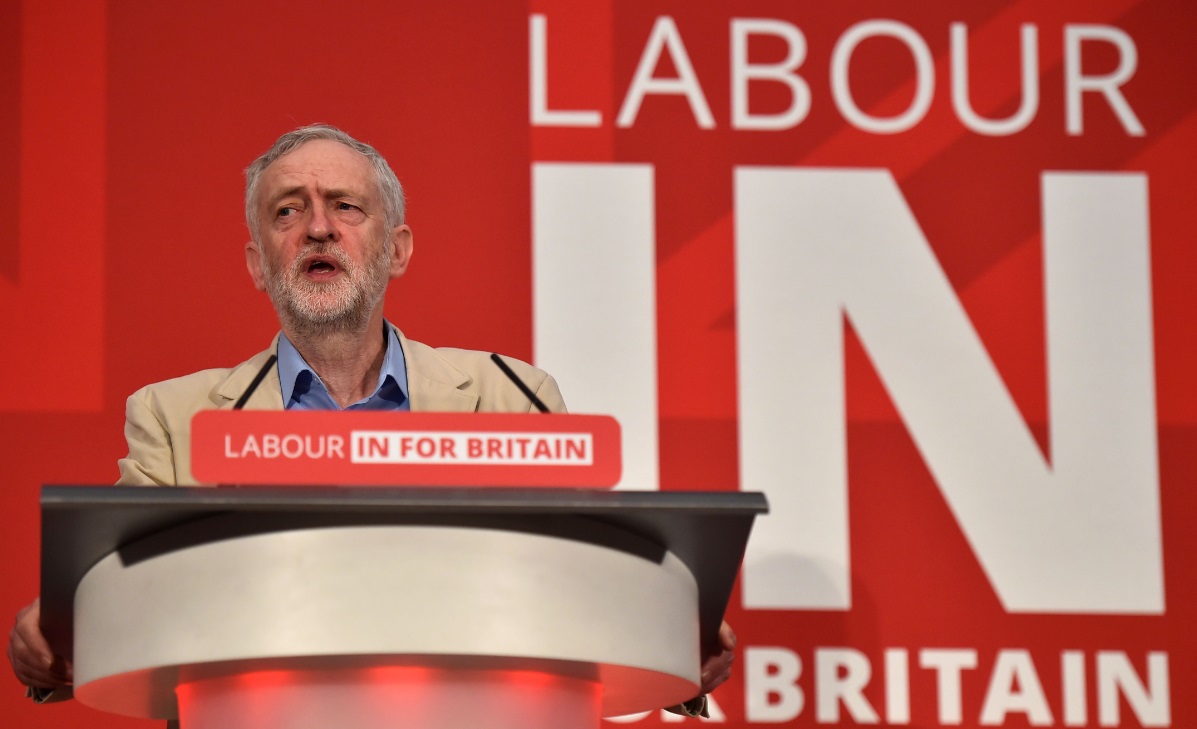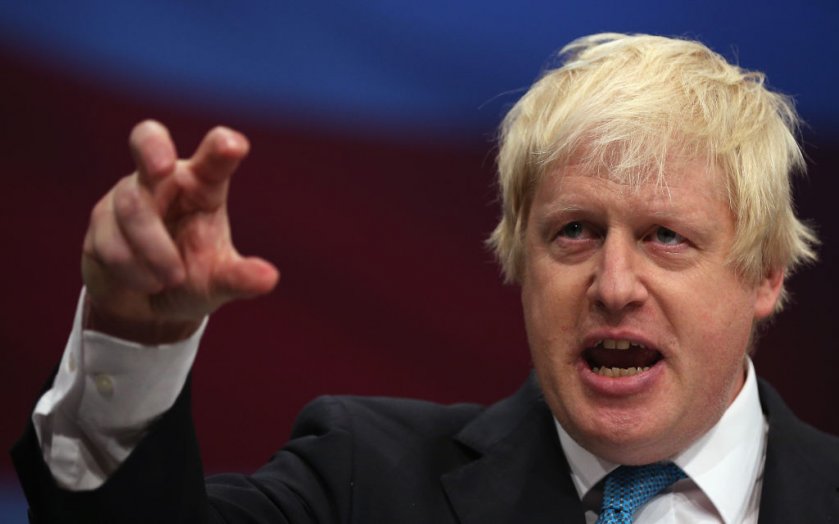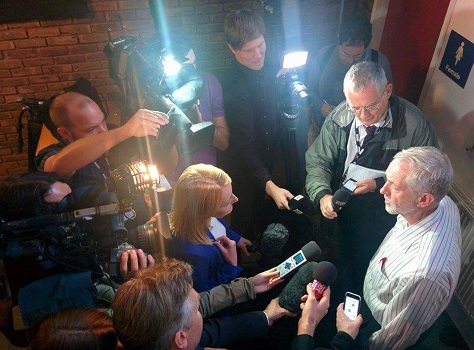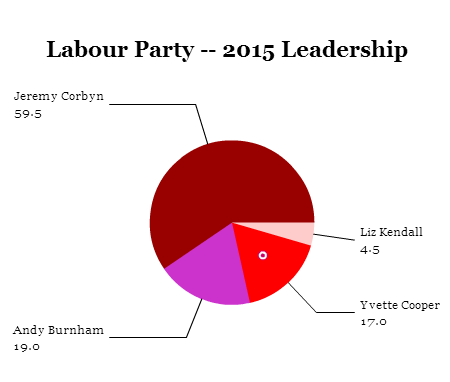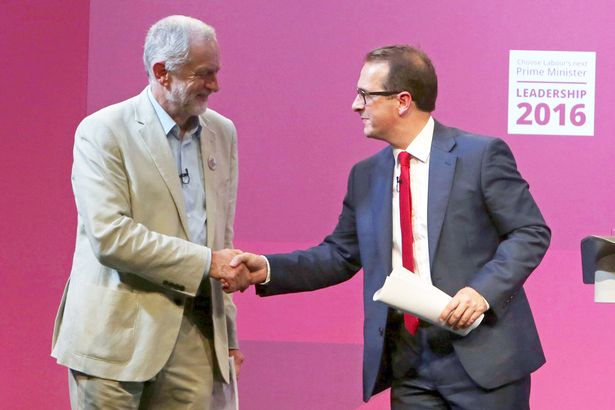
With every big-name endorsement that Owen Smith wins in his quest to unseat Jeremy Corbyn as the Labour Party’s leader, his chances seem as remote as ever.![]()
It’s not that Labour voters don’t respect Corbyn’s predecessor, Ed Miliband, or London mayor Sadiq Khan or even Scottish Labour leader Kezia Dugdale or former shadow foreign secretary Hilary Benn or any other of dozens of high-profile Labour officials.
But the Labour rank-and-file, which elected Corbyn as its leader with a first-ballot victory only last September, seem just as determined to deliver another mandate in three weeks when ballots close in this year’s Labour leadership contest. It’s entirely possible that Corbyn will even exceed the 59.5% of support he won in 2015.
So when Labour gathers for its annual conference on August 24, there’s little doubt — at least today — that Corbyn will emerge as the winner once again. It’s especially likely after his opponents failed to force him Corbyn to win renomination from sitting Labour MPs and after the same Corbyn opponents failed in court to prevent new (likely pro-Corbyn) party members from voting in the 2016 contest. That means that Labour’s parliamentary party will remain at contretemps with a twice-elected party leader. Smith, for all his qualities as a potentially unifying successor to Corbyn’s tumultuous leadership, is not yet breaking through as a genuine alternative, even as Labour voters begin to vote.
A strong Corbyn effort might embolden him and his increasingly isolated frontbench to force Labour MPs to stand for re-selection in their own constituencies, essentially forcing a primary-style fight for all of his critics. That may not matter to many MPs in marginal constituencies, who would lose reelection if a general election were held today, many polls show, whether they are automatically re-selected to stand for parliament or not.
The fear of both widespread de-selection from the left and a landslide defeat to the right, however, could force a formal splinter movement from Corbyn’s Labour, and that could conceivably, with enough support, become the ‘new’ official opposition in the House of Commons.
Given where Labour today stands — divided and electorally hopeless — it’s truly incredible that Smith’s chances seem so lopsided.
Continue reading In Labour leadership contest, few believe Owen Smith has a chance

